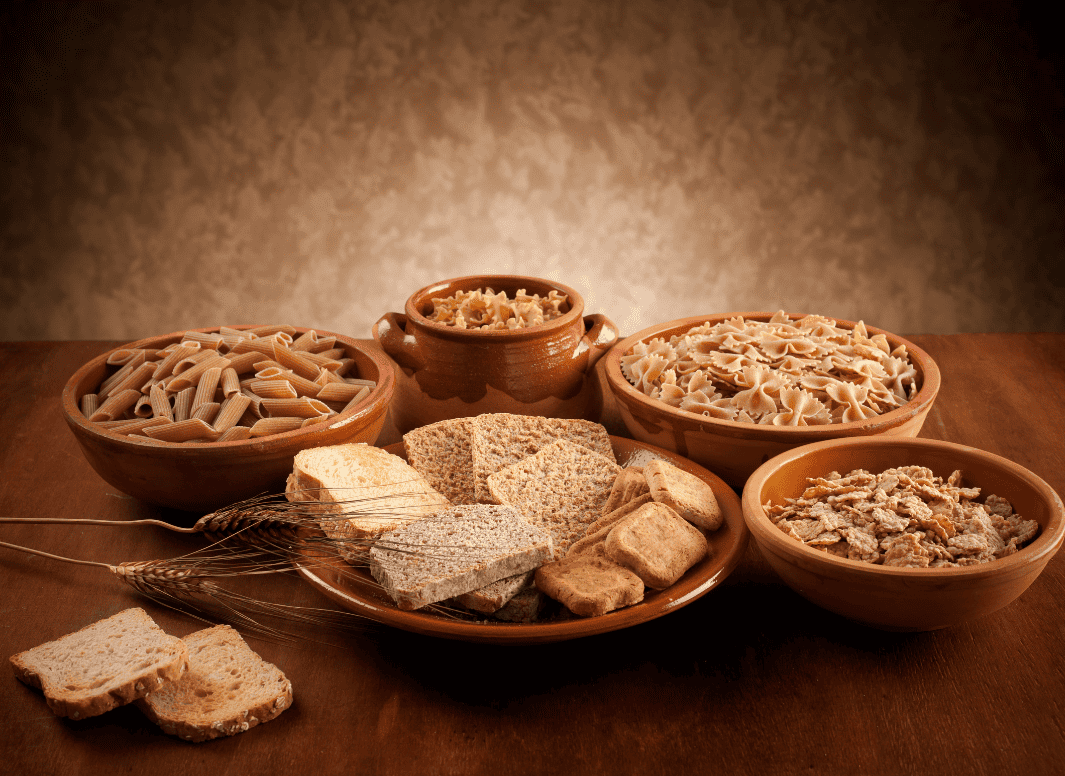Understanding The Importance Of Carbohydrates In Your Diet
Carbohydrates are essential macronutrients that provide us with energy, but they can also cause excess blood glucose, leading to type 2 diabetes. Learn why it’s important to balance your carb intake and how to make healthier choices.
Carbohydrates are one of the three macronutrients, along with protein and fat, that provide our bodies with energy. They’re found in various foods like bread and cereals, pasta, rice, fruits, and sweet foods with added sugars. While carbohydrates are essential macronutrients that we need to fuel our bodies, excess consumption can lead to various health problems, especially in people with type 2 diabetes. In this article, we’ll discuss the importance of carbohydrates in your diet, why they’re a problem, and how to make healthier choices.
Type 2 diabetes is a disease of carbohydrate intolerance, where excess blood glucose leads to most of its complications. High blood glucose can lead to various health problems, including heart disease, strokes, blindness, and dementia. By finding ways to stop blood glucose levels from becoming excessively elevated, the risk of all these health complications can be significantly reduced.
Excess glucose in the blood of people with diabetes comes from the food we eat and drink. While added sugars in sweets and soft drinks are obvious culprits, starchy carbohydrates like pasta, bread, rice, sweet and white potatoes, whole-grain bread, and cereals are also made of glucose stuck together in a long chain. These carbohydrates break down into glucose in our blood, leading to high blood glucose levels and various health problems.
Foods containing starchy carbohydrates that are perceived to be healthy can be particularly problematic for people with type 2 diabetes. Fortunately, reducing carbohydrate intake can lower blood glucose levels overnight, making it a promising dietary approach to managing type 2 diabetes. While carbohydrates are an essential macronutrient, it’s a myth that the body or the brain requires us to eat them. Although most cells in our body require glucose, the body can make the glucose it needs from protein and fat.
For decades, we’ve had carbohydrates shoved down our throats by dietary guidelines. The food pyramid heavily encouraged starchy carbohydrates, and the current dietary guidelines recommend 60% of energy should come from carbohydrates. However, following this advice is almost guaranteed to have extremely bad control of blood sugar levels for people with type 2 diabetes.
Table sugar or sucrose contains glucose and fructose in equal parts, with fructose exacerbating insulin resistance and causing health problems like fatty liver disease. Foods with added sugars like biscuits, chocolate, lollies, cakes, hot chocolates, soft drinks, flavoured milk, cordials, fruit juices, sauces, protein, muesli bars, and nut milk are loaded with fructose-containing sugar. Some foods like Sultana Bran contain large amounts of sugar that people often overlook.
Conclusion:
In conclusion, carbohydrates are essential macronutrients that provide us with energy, but excess consumption can lead to various health problems, especially in people with type 2 diabetes. Balancing your carb intake and making healthier choices can help reduce the risk of health complications associated with high blood glucose levels. Cutting down on starchy carbohydrates and foods with added sugars is a promising dietary approach to managing type 2 diabetes.



